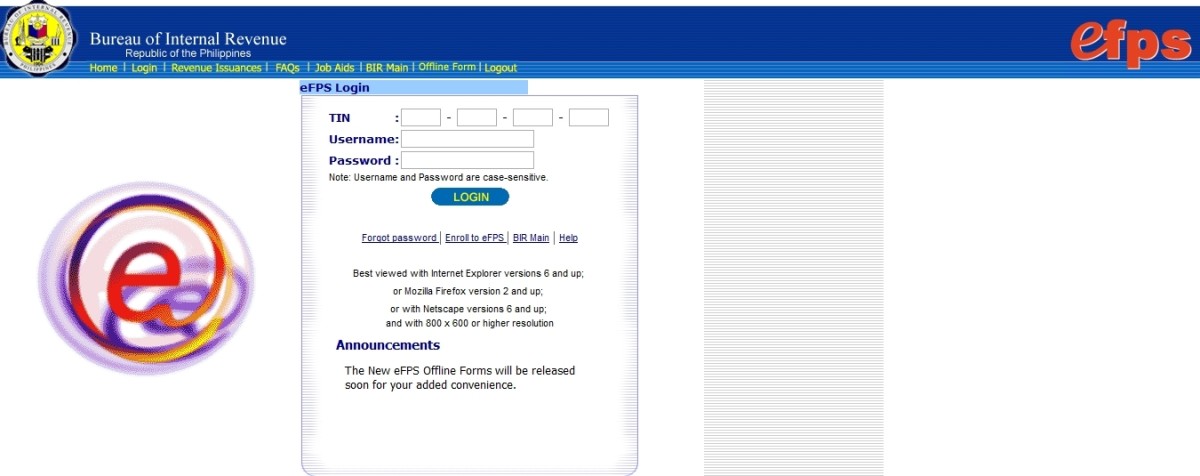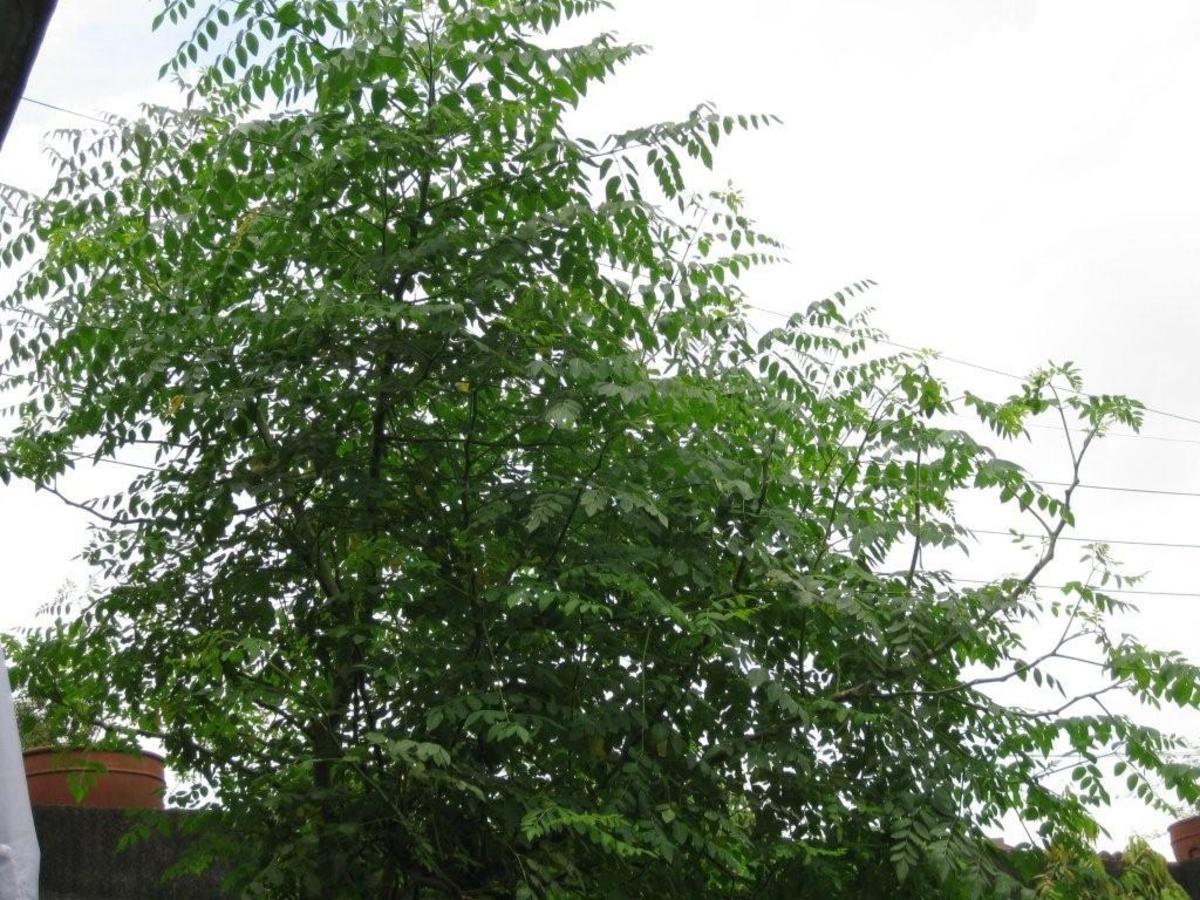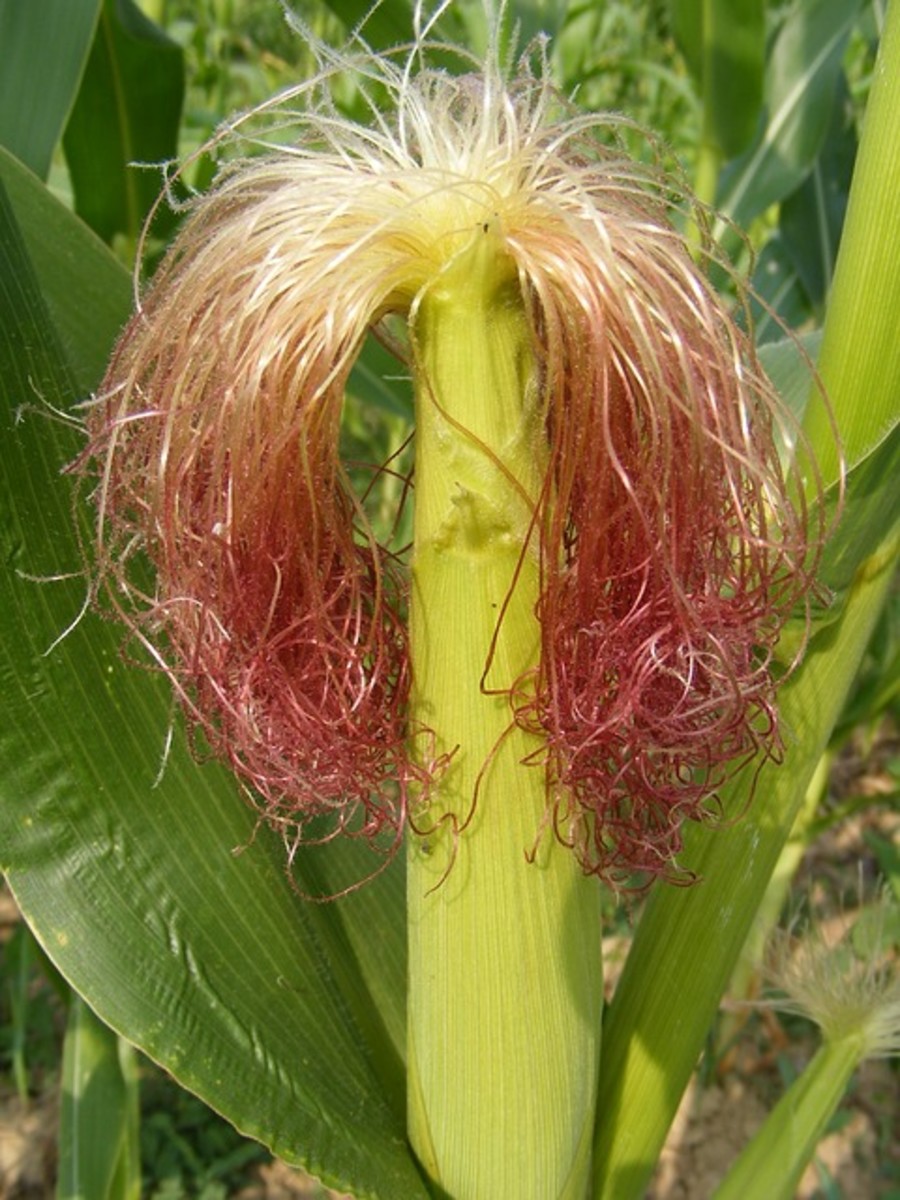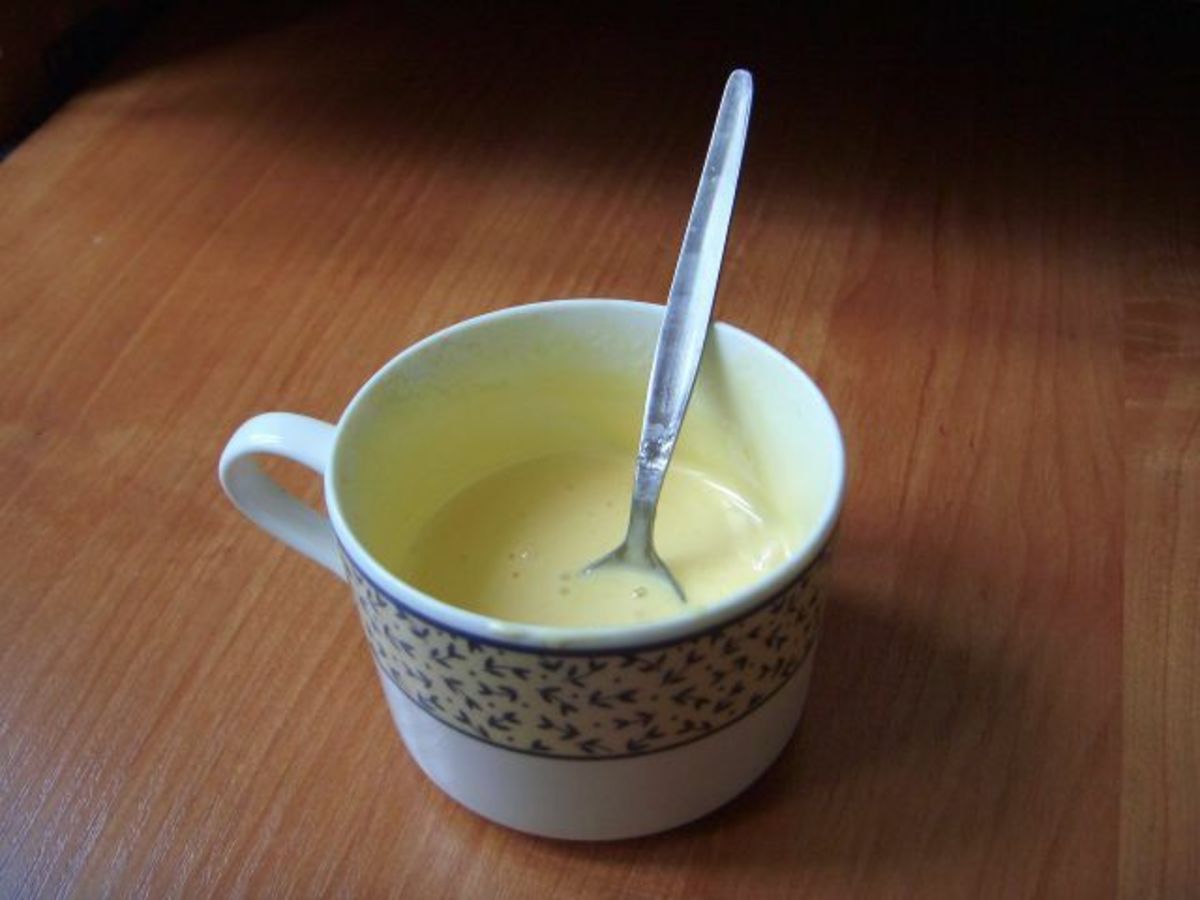Things to Consider Before Using Herbal Remedies
Things to consider before using herbal remedies
In the recent past, many people are resorting to herbal remedies to treat common illnesses like cold, backpain or other more serious ones such as cholesterol reduction, sugar regulation, high blood pressure, memory improvement or even cancer treatment. Sometimes when people want to end their illnesses and it seems that the prescriptive medicines doesn’t work at all, people resort to other alternatives -- herbal remedies in the form of food supplements.
Herbal medicines proliferate in the market and it is labeled as food supplements rather than as a food or a drug because for example in the United States the Food and Drug Administration (FDA) can’t regulate herbal medicine unless it is classified either as food or drug. Herbal remedies classified under food supplement can easily be monitored by the FDA. It is also important that before you use herbal remedies, you need to consider some things which is deemed necessary to avoid complications or serious repercussions to your health.
Objectives:
- The main topic of this article is to introduce the reader about herbal remedies and some issues pertaining to safety precautions to keep in mind when you decide to use herbal remedies. It will also discuss the things we need to consider before using herbal medicines.
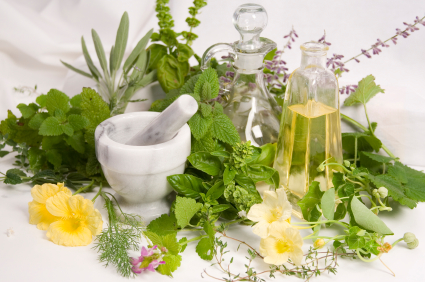
What is Herbalism?
- Herbalism is the practice of using plants or plants extracts to medicate illnesses. Herbs are plants that is important for its flavor scent, culinary or medical purposes and spiritual purposes. The scope of herbal medicine is sometimes extended to also include “fungal” and “bee” products, minerals, shells and certain animal part as well.
- Herbalism is also referred to as botanical medicine, medical herbalism, herbal medicine, herbology, and phytotherapy.
Some facts about herbal medicines
- The safety and effectiveness of alternative medicines have not been scientifically corroborated and remain largely unknown.
- In contrast to the first item, history can attest to the fact that herbal medicines are used by our ancestors in treating illnesses. And in fact throughout history and all other sources the Bible, Koran, Sridhar poems of Tamils, Vedas and other old texts, the medicinal benefits of herbs are quoted specially in China where they based mainly their medicine on herbal remedies.
- In the US, the FDA doesn’t regulate herbal remedies as medicine, so they are being marketed as supplements under food, in that way FDA can regulate it. Herbal remedies are being sold in the market and online as food supplements as they are easier to market them as such.
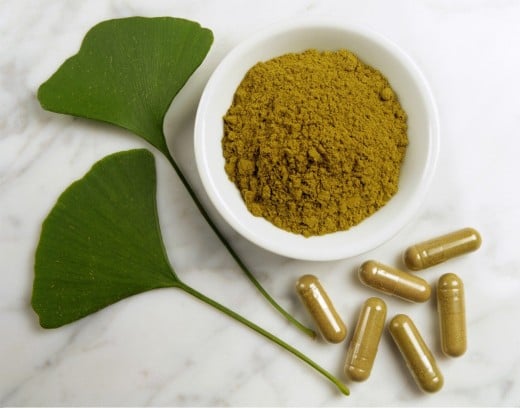

- Are Herbal Remedies Safe? Interesting Truths and Facts About Herbal Remedies
Are Herbal Remedies Safe? Interesting Truths and Facts About Herbal Remedies For those of us who are tired of the high price s of some mainstream medicines, herbal remedies are good alternatives to medicate...

If you are going to use herbal remedies as food supplements there are things you need to consider:
- Consult your physician first about the dosage specially if you are taking other medications
- Be sure that it will not interact with other medications you are using specially if you are pregnant, breastfeeding or you have some other major illness
- Do not take beyond your dosage because it has been proven that some herbal medicines if you take them excessively there is harmful effects, a case in point is the extract of St. John’s-wort or kava, ginseng or ginkgo can be used for relieving depression and stress related sickness, but it has been proven that it can cause poisoning as well if taken in large amount. Sometimes when we want to end a pain or we want to be well, we just take it excessively.
- Research first about the herbal medicines, it helps if you know the scientific name of the herbal and then you can consult a physician about it so that he can tell you if it is alright for you to take the herbal remedies.
- Just like in normal prescriptive medicines if you notice any reaction to the herbal medicines, you should stop taking it and consult again your physician
- Sometimes herbal medicines will react negatively with other medicines you are taking in so a precaution is a must
- You must also check the bottle of the drugs if it has the necessary requirements prescribed by the FDA.
Here’s how to check the label of the herbal remedies/supplement:
- Name of the herbal supplement
- Name and address of the manufacturer or the distributor
- The list of the ingredients , it should be found in a piece of paper as a supplement or it is written below it
- Once you cant understand the ingredients listed, you can go to the website “Dietary Supplement Labels Database” and check on the ingredients or just to be safe ask a doctor about it
The rule for dietary supplements are as follows:
- Those who are manufacturing the dietary supplements don’t have to seek FDA approval before they can put these dietary supplements on the market.
- Manufacturers should adhere to the GMPs (good manufacturing practices ) to ensure the quality of the supplements and they should be of quality standards as well
- If a dietary supplement is out in the market, the FDA regulates it and they can easily suspend the selling of it or they can issue a warning for the product to be removed in the market it if they find any it can take action against the manufacturer or distributor or both, and may issue a warning or require that the product be removed from the market.
Summary and Conclusion:
Historically, herbal remedies are proven to help in the cure of some diseases and the decision to use it should be supplemented with such precautions because a good health is basic to a persons well being. Always seek the help of a medical doctor if something is wrong because you are the one responsible for your general well being. Adhering to the safety precautions will make a difference and it can also bring full guarantee that you are using the herbal remedies in the right way.
Sources:
- Mayo Clinic About Herbal Remedies
- Medlineplus
- US Food and Drug Admisnistration
- American Holistic Health Association



